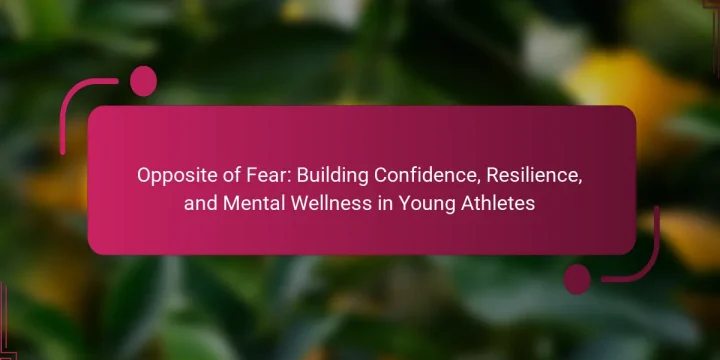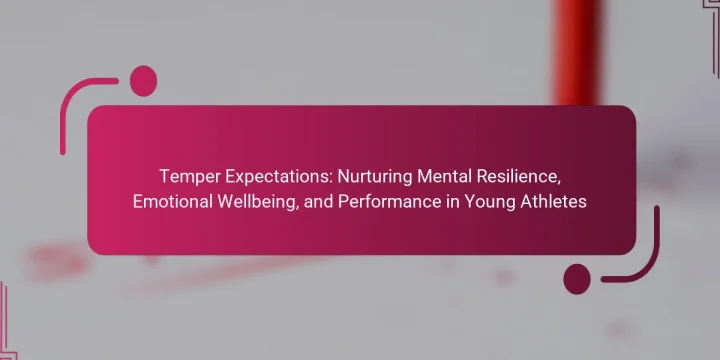
Youth athletes often face mental health challenges due to performance pressure, identity issues, and social dynamics. Protocol for Life Balance offers essential strategies to support their mental well-being. Key components include establishing a supportive environment, incorporating mindfulness techniques, and promoting balanced schedules. Access to mental health resources and fostering team cohesion are also crucial for enhancing resilience and emotional stability. What are the essential components of mental health support for youth athletes? The essential components of mental health support for youth athletes include access to trained professionals, peer support systems, and educational resources. These elements foster resilience and promote well-being. Trained professionals offer personalized strategies addressing unique challenges faced by athletes. Peer support systems create a sense of community, reducing isolation and enhancing emotional stability. Educational resources equip athletes with…






